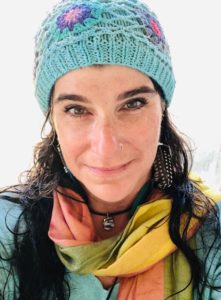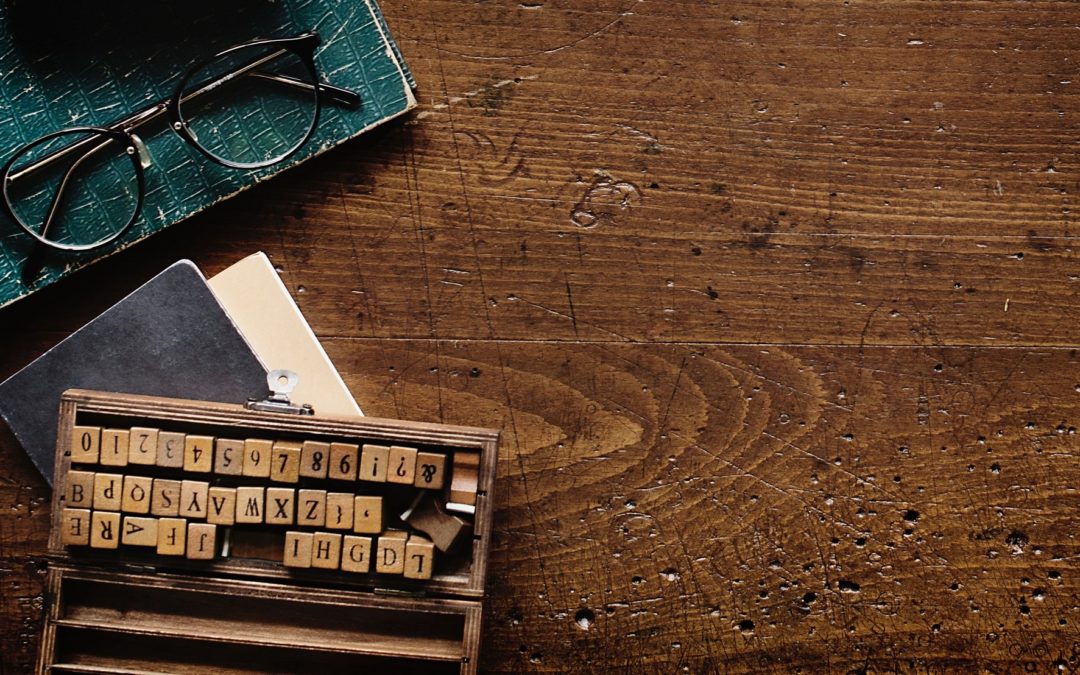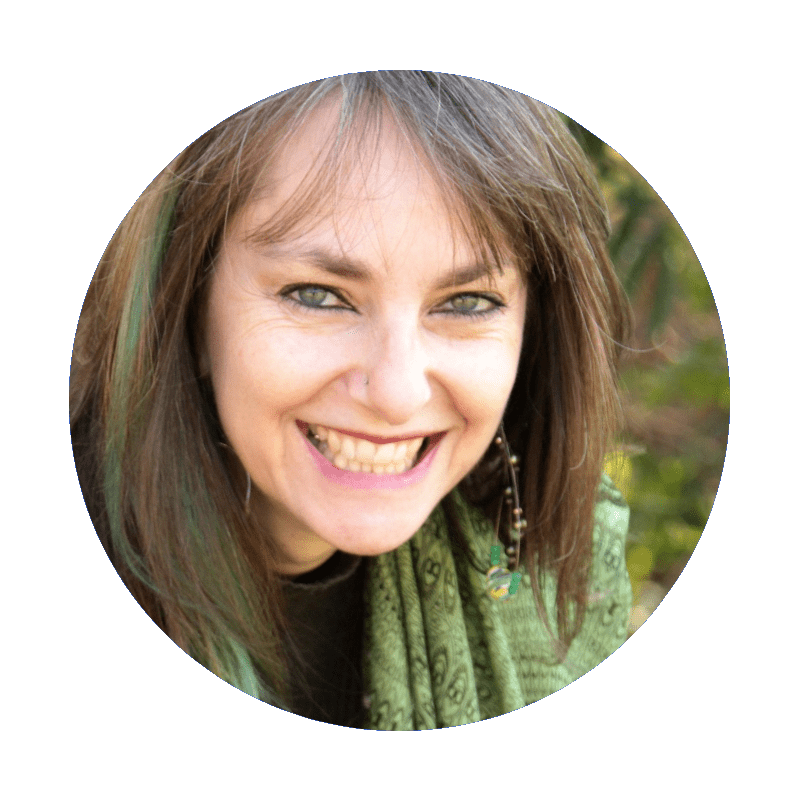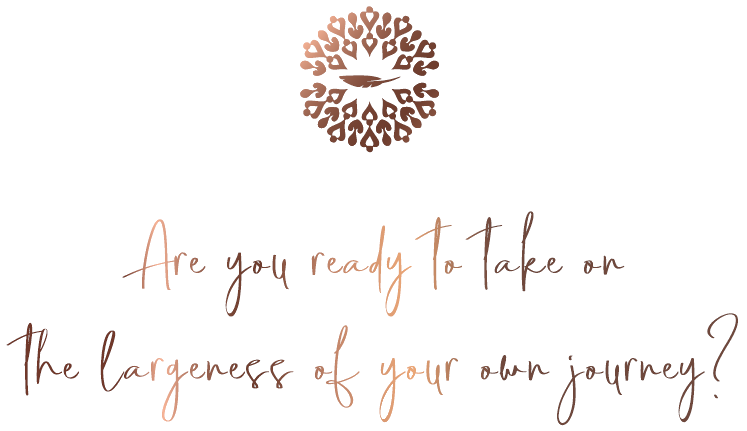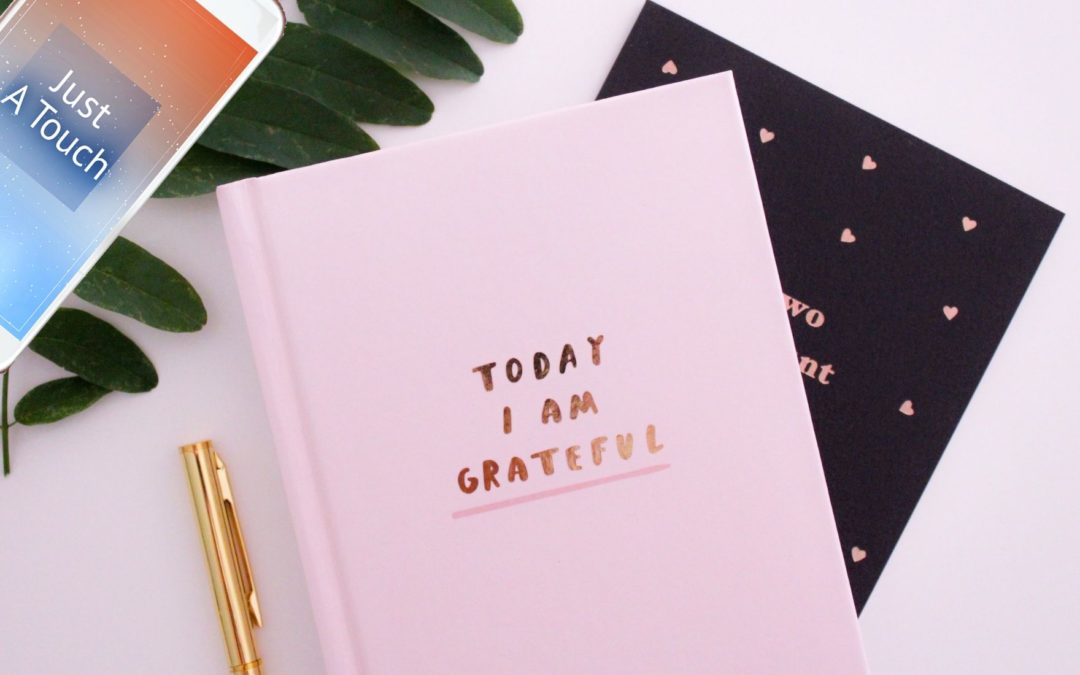
How to Touch What Is Beautiful
How to Touch What Is Beautiful
‘I did not survive to be untouched.’ – Mark Nepo
Today, my friends, is my 52nd birthday. I know, right? I don’t look a day over 50.
The past year has been a mix of magic and mayhem. I count among the highs my discovery of ocean swimming and the return of my writing fire. A serious back injury, and the loss of a beloved friend, Carol Thomas took me into some deep grief that keeps coming back and nudging me, reminding me how impermanent everything is.
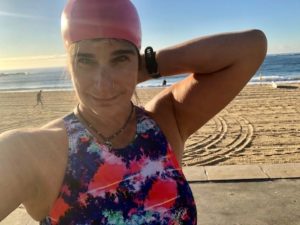 2019 has also been the year when we’ve finally woke up to what’s happening on our planet.
2019 has also been the year when we’ve finally woke up to what’s happening on our planet.
It’s so difficult not to feel overwhelmed with indifference, anxiety, anger and sadness. You may find yourself escaping into food, drink, shopping, travelling or Netflix just to get some relief. We’re all looking for ways to stay untouched by what is going awry around us.
It’s a simple wish, isn’t it? The desire to feel happy and well. But in a world that is diseased and poisoned, perhaps it’s impossible to feel truly well or happy when everything is so askew.
So maybe we can’t have ‘happiness,’ but what is certain is that we can touch it. Now and then. Maybe we can’t be ‘calm’ or ‘peaceful’ all the time but we can taste it, here and there. We owe it to ourselves to touch what is beautiful and meaningful. If we can keep returning to touch and be touched by awe, gratitude and wonder, we stay connected, alive, in tune with what is both painful and the grace that helps us overcome pain.
For a while, I’ve been thinking about how to create something that could bring pleasure or joy or mindfulness to others – through writing. Not a big project like a book, something small, manageable and designed to be fun.
So I put together a little joy-bundle called Just A Touch – it’s 24 writing exercises over 24 weeks. Each exercise takes you somewhere, just for a while, and lets you play.
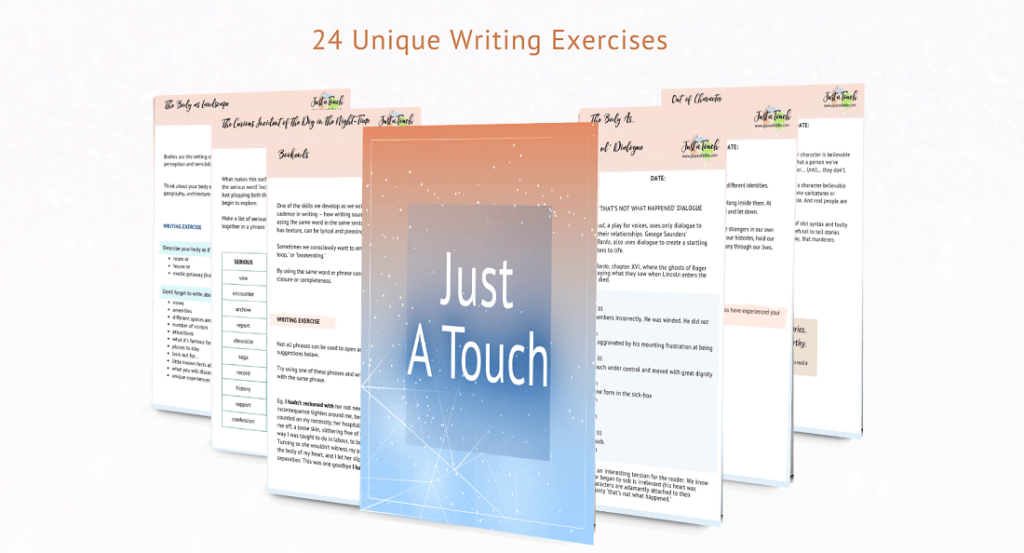
Just a Touch is designed to:
– bring the kindness of writing into your life;
– connect you to your heart through writing even if you don’t know where to start;
– tickle your writing bone and take you by surprise.
It would help me immensely to cover the costs of the creation of the course if you’re able to purchase it for $39.95 AUD.
However, if for any reason, you cannot afford this, please don’t let this stop you.
You can pay whatever you like for it over $1 AUD.
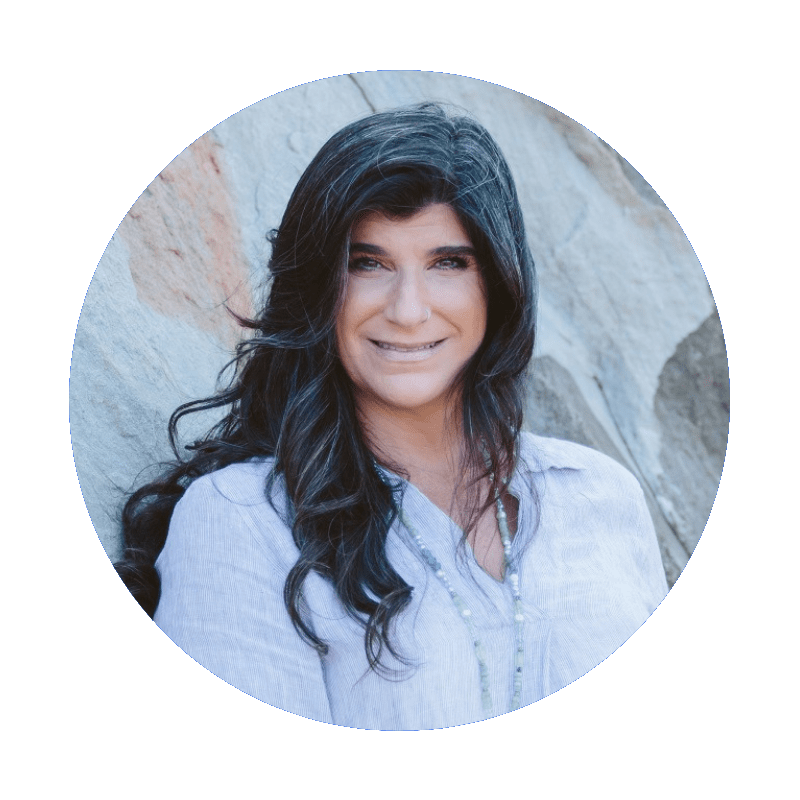
About Joanne
Joanne Fedler is an internationally bestselling author of 10 books, writing mentor and publisher. In the past seven years, she’s facilitated 12 writing retreats all over the world, mentored hundreds of writers (both face to face and in her online writing courses), set up her own publishing company, Joanne Fedler Media, and published four debut authors (with many lined up to follow). She’s passionate about publishing midlife memoirs and knows how to help people succeed in reaching their goal to become a published author.
‘I write and I feel how the tenderness and intimacy I maintain with language, with its different layers, its eroticism and humor and soul, give me back the person I used to be, me, before my self became nationalized and confiscated by the conflict, by governments and armies, by despair and tragedy.’ – David Grossman
It would give me such pleasure to know you’ve chosen to touch your writing over the next 24 weeks, and that you’ve committed to the radical act of being touched by the grief and grace of your life.
Get Just a Touch here.
It’s super-easy:
* purchase the Just A Touch course by clicking the button below or click here;
* you will receive your first writing exercise immediately;
* every week, for the next 23 weeks, you’ll receive a new writing exercise in your inbox
(if you can’t find it in your inbox, please check your spam/promotions folder).
I had so much fun creating these exercises, I hope they’ll keep you in touch with the part of you that needs nurturing in these troubled times.

